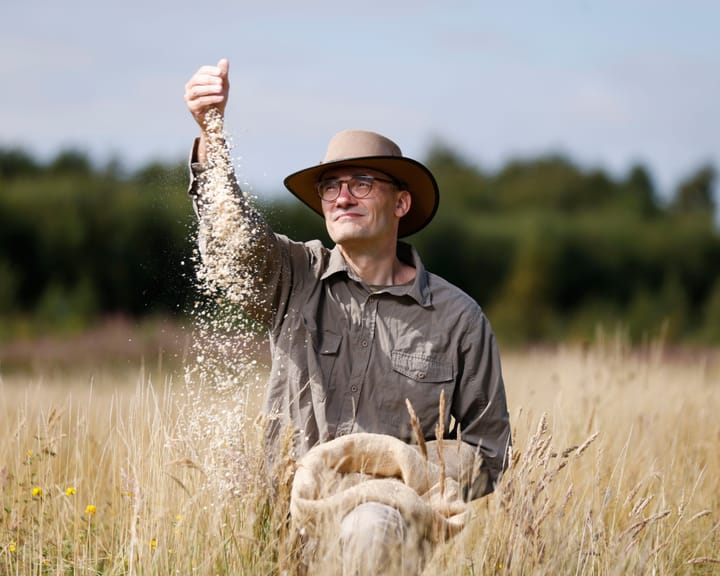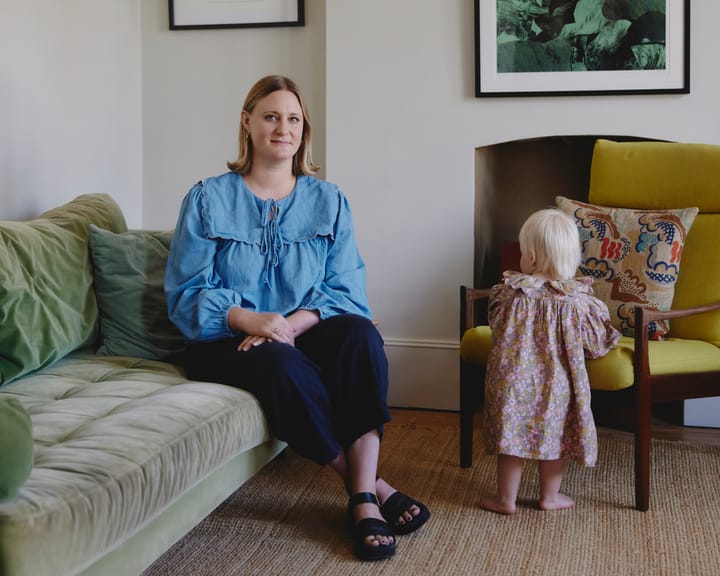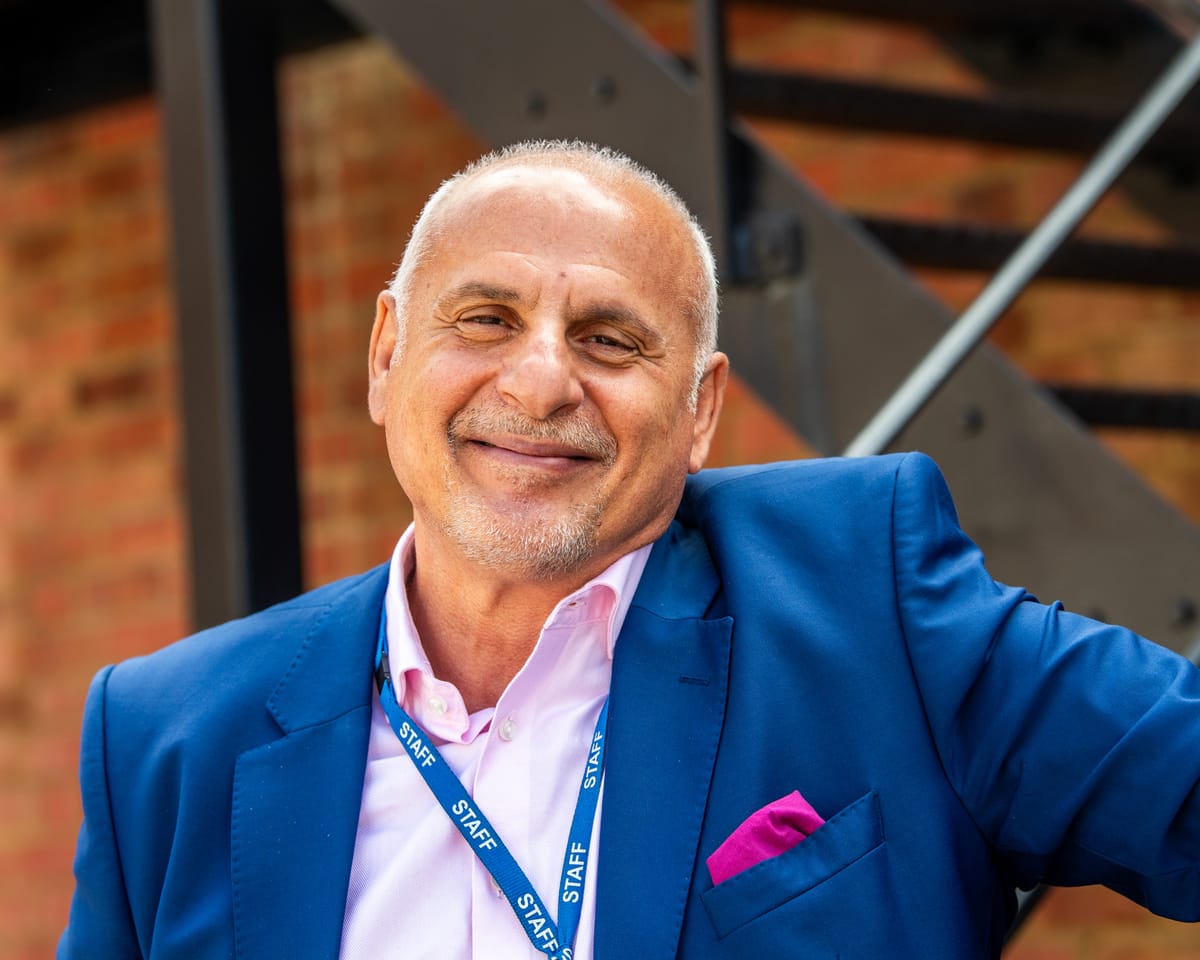Former Addict Finds Purpose Helping Others in Recovery
For 24 years, Andy Kalli struggled with an addiction to crack cocaine. He lost touch with his family and sold his belongings—even his father’s gold ring—to support his habit. But three years ago, at 61, he began working at a rehabilitation center. Now, he says, “I save lives. I make a difference.” The thank-you cards covering his office wall reflect that.
Kalli serves as service manager at the Perry Clayman Project in Luton, Bedfordshire, and often tells clients not to apologize. “How many times have I said sorry?” he says. “Don’t say it. Your families have heard it too often.” Real change, he believes, is the best way to make amends.
Growing up in north London and later in Bognor on England’s southern coast, Kalli’s Greek-Cypriot parents ran a café and later restaurants. As a child, he was sexually abused by a family friend, a trauma he buried but which shaped his future relationships.
“Many people I work with started using drugs or alcohol at 12,” he says. “That wasn’t my path, but my childhood was unstable.”
At 16, he trained as a chef and moved to London, working at the Savoy hotel—the first of many hospitality jobs he took while dreaming of becoming a footballer. “Life was scattered, a bit all over the place,” he admits.
By 18, he was married, and by 23, he had three children and a thriving restaurant business with his father. “Fancy cars, a nice home, always chasing more.”
Though not a heavy drinker or drug user, Kalli played semi-professional football and dabbled in various ventures, including ice-cream bikes and an ice-sculpture business. A nightclub plan collapsed, costing him £50,000.
At 29, after that loss, a friend introduced him to cocaine. “That first line made me feel invincible,” he says. He began using more, then turned to casinos to recoup losses—only to lose £100,000 in a week.
Kalli lived a double life for years, working by day and using crack at night. “I was running, unable to stop,” he recalls. Yet financially, he thrived. “Everything I touched seemed to succeed.”
In 2013, while working as a business consultant in the U.S., his daughter Helen was diagnosed with a brain tumor. He returned to the U.K. but, consumed by his addiction, missed hospital visits and even brought his 10-year-old grandson to a drug deal.
When Helen died in 2014, “I wanted to die too,” he says. “I tried.”
Though his first marriage had ended years earlier (he’s since had two more), six months after Helen’s death, Kalli sought help at a hospital in the West Midlands. Put on suicide watch for two weeks, he began his recovery journey.
Read next

"World Porridge Champion Shares Winning Secrets"
In 2020, while on a camping trip with a friend from Sweden, we drove through Carrbridge—a village in the Scottish Highlands, roughly two hours from my home in Aberdeenshire. A sign caught our attention: "Welcome to the Home of the World Porridge Championship."
It vaguely reminded me

"Slovenia's Jezersko valley offers a perfect peaceful retreat"
I wake to the sound of church bells as sunlight fills my room and step onto the balcony to gaze at Mount Storžič. My stay, Senkova Domačija, a family-run organic farm just outside the village of Jezersko, is so charming it could be a dream—an old farmhouse with lovely

Vision: My world is veiled in perpetual snow
In February of this year, I first realized something was wrong. I was nearing the end of my maternity leave with my second child and had recently transitioned from making wedding cakes to styling food, which I enjoyed. Between caring for my children with my husband, Chris, and taking on

